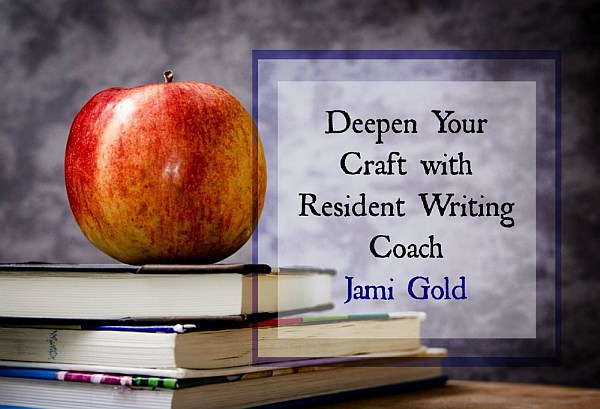It’s time for another one of my guest posts over at Angela Ackerman and Becca Puglisi’s Writers Helping Writers site. As one of their Resident Writing Coaches, I’ve previously shared:
- insights on how to approach an overwhelming revision
- how to increase the stakes (the consequences for failure) in our story
- 7 ways to indicate time passage in our stories (and 2 issues to watch out for)
- how to translate story beats to any genre
- how and why we should avoid episodic writing
- how to find and fix unintended themes
- how “plot” holes can sneak into our characters and worldbuilding
- how TV shows can help us learn to hook our readers
With this turn for another coaching article at WHW, I’m exploring writing rules and how some authors “get away” with breaking them. For every writing rule, we can probably find exceptions that have ignored the rule and been successful anyway.
So we’re going to dig into that contradiction: Should we ignore the exceptions who have managed to succeed when breaking writing “rules” or try to learn from them?
Writing Rules: How Much Do You Pay Attention to Them?
We’ve probably come across all kinds of writing guidelines, from what point of view to use to how long a “normal” chapter is. Some of those guidelines have taken on more weight and become something closer to a rule than a guideline.
I’ve known some writers who break writing rules just because they’re contrary. They don’t want anyone telling them what they can and can’t (or should and shouldn’t) do, but contrariness isn’t a strong reason to ignore a rule (or even a guideline).
The first step in successfully breaking a writing “rule” is to learn why it exists. Once we know why it exists, we can make a knowledgeable decision.
Why Might We Break a Writing Rule?
During planning, drafting, and editing, for each rule or guideline we debate, we can ask ourselves two questions:
- Do we agree with its purpose?
- Would breaking the rule help or hurt our story (including the storytelling, characters, pacing/tension, impression we want readers to have, etc.)?
Those are two different issues that each deserve consideration. Sometimes we might agree with the reasons behind a rule but decide breaking it will be better for our story anyway. Or we might disagree with a rule but decide that breaking it would distract readers from our story.
In other words, we might have one opinion as an author, but our story might have other priorities. *smile*
But Should We Break Rules?
Let’s look at an example of how a mismatch of the answers to those questions might lead us to mistakes…
For every writing rule, we can think of a successful exception—how did that story get away with it? Click To TweetWe might want the challenge of writing in present tense instead of the usual past tense of most stories. However, if that choice doesn’t make sense for our story or if we can’t make that tense mesh well with the rest of our writing, that decision can end up distracting readers from the story we’re trying to tell.
That’s why authors who make choices just to be contrary—such as breaking a rule regardless of the negative effect on the story—can do their writing, their story, and their readers a disservice. Unless we’re writing only for ourselves, the choices we make for our stories will affect readers’ impressions.
But how can we tell if we’ll help or hurt our story if we break the rules? That’s where studying the exceptions that have managed to be successful despite their rule-breaking choices might be insightful.
Writers Helping Writers: Resident Writing Coach Program
Rules? We Don’t Need No Stinkin’ Rules
Come join me at WHW above, where I’m sharing:
- why we might want to ignore the exceptions and just follow the rules
- 4 examples of lessons we might learn by studying the exceptions
- a case study of one exception story that broke several major rules—and yet won awards for the top of its field
- how the case study exception “got away” with breaking the rules
- what lesson we can take away when we aren’t successful at breaking the rules
What writing rules do you agree with? Which have you broken—or wanted to break? What stories have you seen that break the rules successfully? What do you think made it successful? Do you have any insights to add about writing rules, what we can learn from exceptions, or how we might successfully break rules? (My WHW posts are limited in word count, but I’m happy to go deeper here if anyone wants more info. *smile*)

